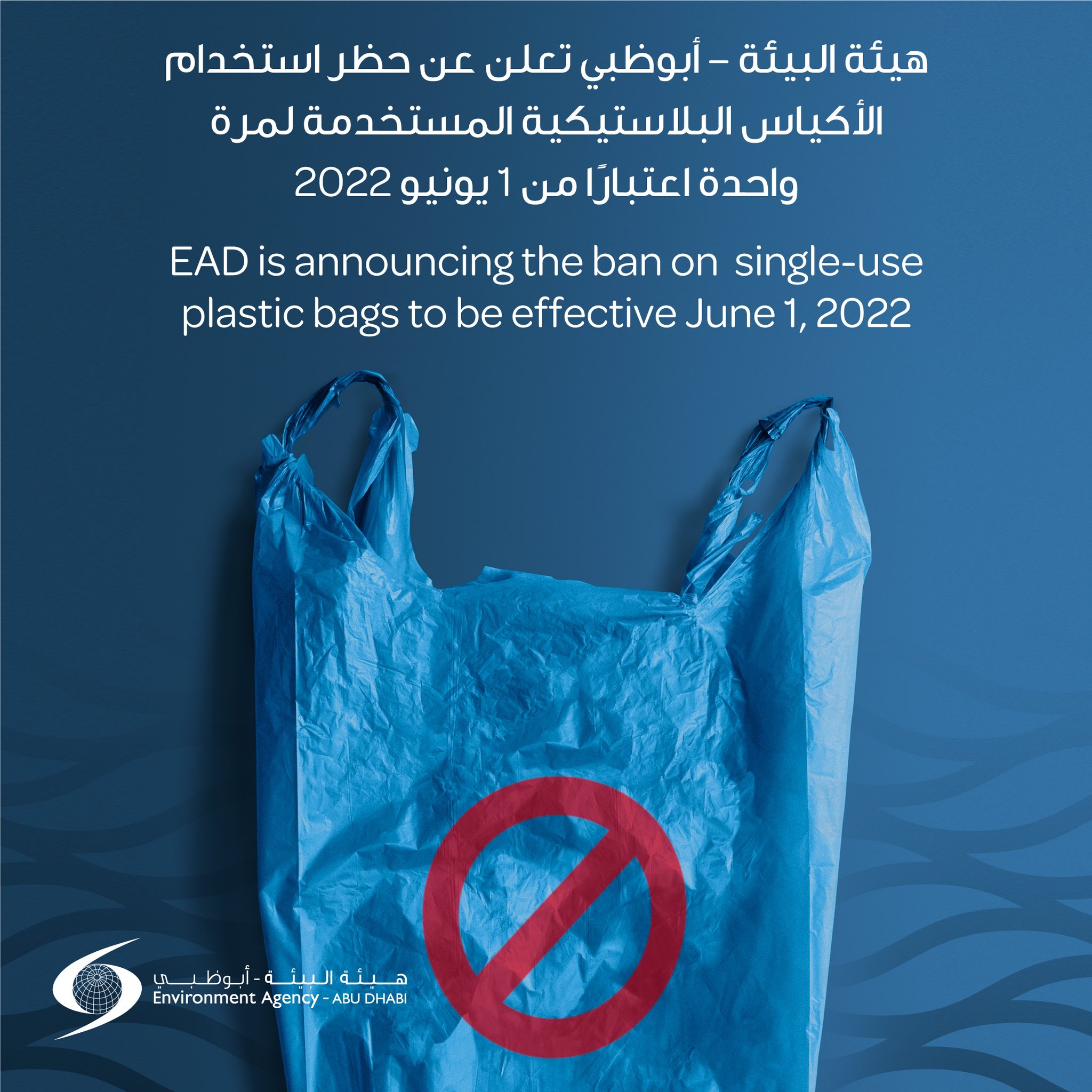The Emirate of Abu Dhabi has ushered in a new era for sustainability by implementing a ban on single-use plastic bags. The regulation, which took effect on June 1, 2022, marks a significant stride towards reducing plastic pollution and protecting the environment. This initiative aligns with the UAE's ambitious goals for sustainable development and its commitment to combating climate change.
The ban targets the ubiquitous thin plastic bags commonly used at grocery stores, apparel shops, and other retailers. The Environment Agency-Abu Dhabi (EAD), the emirate's environmental regulator, has played a pivotal role in implementing the policy. EAD launched outreach programs like "Mission to Zero" to raise awareness and encourage residents to adopt reusable alternatives.
The initiative has garnered widespread support from major retail chains within the emirate. These businesses have actively promoted the use of eco-friendly, multi-use bags by offering them at affordable prices. The collective effort has resulted in a substantial reduction in daily plastic bag consumption, exceeding half a million bags.
Abu Dhabi's leadership in phasing out single-use plastics serves as a model for other emirates within the UAE. Dubai, for instance, followed suit by introducing a mandatory 25 fils charge for plastic bags in July 2022. Sharjah has also implemented a similar fee, with a complete ban planned for January 2024.
The UAE's comprehensive approach extends beyond plastic bags. A nationwide ban on single-use styrofoam plates, cups, and cutlery is set to come into effect in January 2024. Looking ahead, the UAE has set even more ambitious goals, targeting a complete ban on all single-use plastics by 2026. This includes plastic cutlery, cups, straws, and even cigarette butts.
The ban on single-use plastic bags in Abu Dhabi is a commendable step towards environmental stewardship. By promoting reusable alternatives and fostering a culture of sustainability, the emirate is paving the way for a greener future for generations to come.

